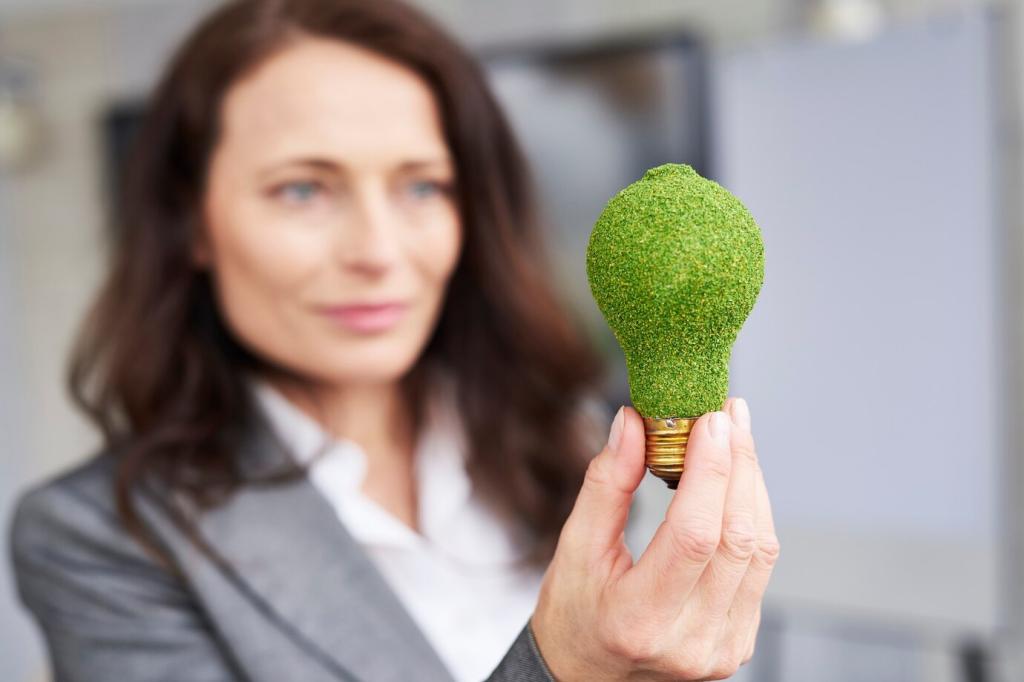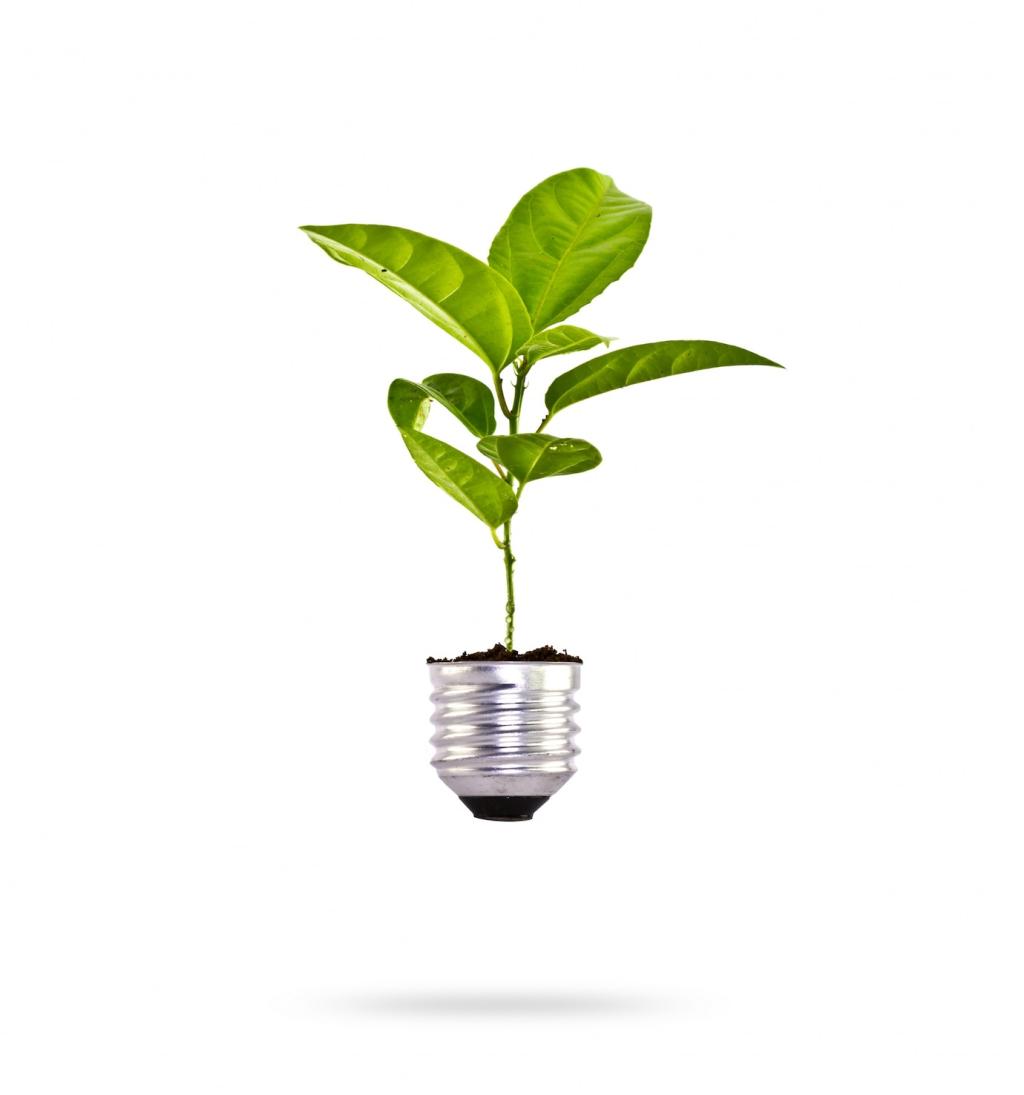Innovative Technologies for Sustainable Living
Embracing innovative technologies has become crucial as the world moves toward a more sustainable future. With the growing awareness of environmental challenges and resource depletion, cutting-edge solutions are transforming the way we live, consume, and interact with the planet. Sustainable living is now characterized by the integration of smart systems, green infrastructure, and resource-efficient technologies that reduce environmental impact while enhancing quality of life. This page explores the forefront of sustainable innovation, highlighting how technology is enabling practical, positive change for individuals, communities, and the environment.


Solar Power Innovations
Solar technology has evolved beyond traditional rooftop panels. Today, innovations such as building-integrated photovoltaics, transparent solar cells for windows, and flexible, lightweight panels are making solar energy more accessible and versatile. Smart solar systems incorporate AI-driven optimization to track sunlight, adjust panel angles, and manage energy storage according to user demand and weather conditions. With these advancements, homeowners and businesses are able to maximize energy generation, lower utility bills, and contribute to a cleaner power grid. Community solar programs enable access to solar energy even for those without suitable rooftops, democratizing the benefits of renewable power.

Advanced Energy Storage Systems
One of the main challenges of renewable energy is its intermittent nature, making advanced energy storage systems essential. Innovations in battery technologies, such as solid-state lithium-ion batteries, flow batteries, and home-scale modular units, allow homeowners and businesses to store surplus energy for later use. These systems facilitate energy independence and grid stability by providing backup power during outages or periods of low production. Additionally, smart storage devices can communicate with the grid, charging or discharging at optimal times, and helping balance supply and demand. More efficient and affordable storage solutions are catalyzing widespread adoption of renewables, paving the way for a resilient and sustainable future.

Water Conservation Technologies
Smart irrigation systems use sensors, weather data, and automated controls to deliver precise amounts of water to landscapes and agricultural fields. Unlike traditional systems, which often operate on timers regardless of actual moisture levels, these intelligent solutions adjust watering schedules based on soil conditions, plant needs, and local climate. This leads to significant water savings while promoting healthier plant growth and reducing runoff. The rise of smartphone-connected irrigation controllers also empowers users to monitor and manage their systems remotely, ensuring optimal performance with minimal effort. Such advancements are key to sustainable agriculture and urban landscaping.
Green Urban Infrastructure
Vertical gardens and green roofs transform urban landscapes by integrating vegetation into building facades and rooftops. These living structures provide essential ecosystem services, such as improving air quality, regulating temperature, and capturing stormwater runoff. Advanced modular systems now enable easy installation and maintenance, with automated irrigation and remote monitoring to ensure plant health. In addition to environmental benefits, green walls and roofs enhance building aesthetics and promote urban biodiversity, creating lush habitats for pollinators amid dense city environments. As cities face challenges of heat islands and limited green space, these technologies offer scalable, effective solutions.
